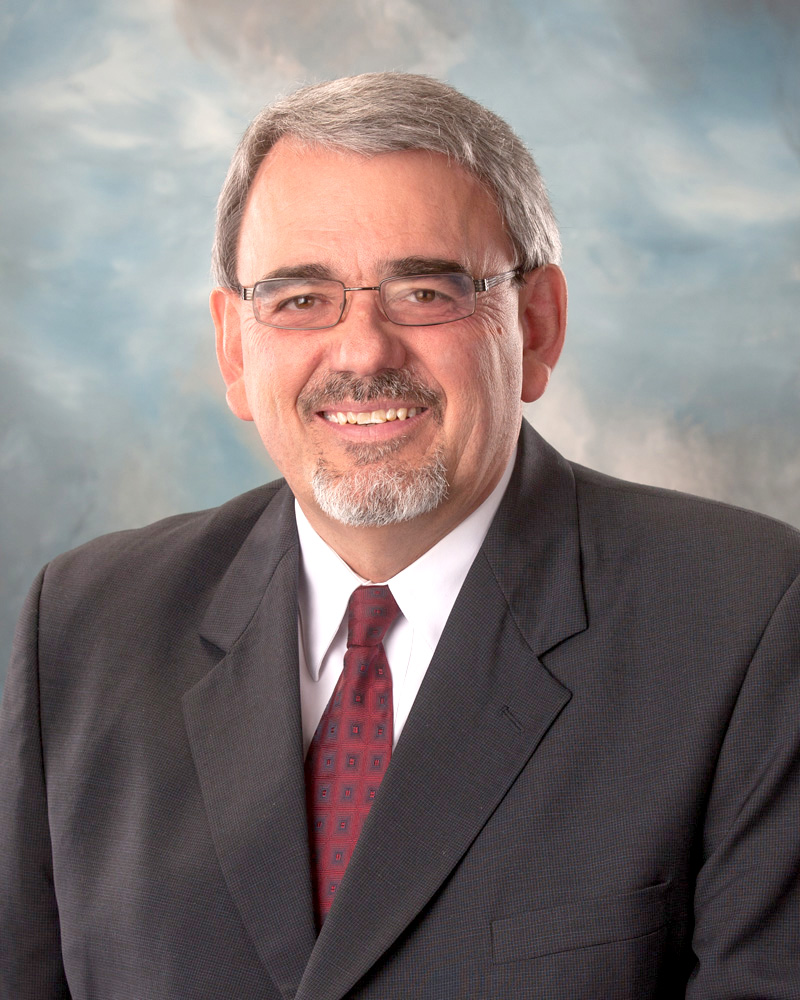 ,
, 
As Rock County enters the third week of Minnesota’s stay-in-place mandate, area state legislators are reaching out to various groups to discuss legislative action amid the coronavirus pandemic.
Sen. Bill Weber and Reps. Rod Hamilton and Joe Schomacker hosted several videoconferencing calls with school and county leaders last week, and they will talk with city administrators this week.
“The role that we play is that we can send information to the governor about the issues that residents are concerned about,” Hamilton said.
Since March 13 Gov. Tim Walz has issued nearly three dozen executive orders, starting with a peacetime emergency declaration in response to the pandemic reaching Minnesota.
Other orders temporarily closed schools, non-essential businesses and cautioned residents to stay at home. The governor extended the original two-week stay-at-home order an additional four weeks, to May 4. And on Monday he extended it to May 13.
These orders have resulted in economic hardships, and legislators have shared these stories with the governor, who has made some changes as a result.
Rep. Schomacker is a Luverne business owner and his family’s appliance store was not original classified as an essential business and closed during the original two-week stay-at-home order. He said his potential customers simply went to larger stores across the border where there weren’t state restrictions in place.
“We weren’t prepared for, obviously, having something like this to where we would have thought out these policies and inconsistencies … had we, we would’ve had a much better response to it than what we’ve had,” Schomacker said.
“It seems he (the governor) is more open (to changing an order) as soon as businesses have a proposal of how to open back up, to do that.”
Small businesses like the Schomackers’ have since been classified as essential and his family has put into place a plan to keep contact between people at a minimum. Schomackers Home Gallery is open by appointment only and have a detailed disinfecting plan in place.
Other concerns have resulted in executive orders to reopen under certain conditions.
Rock County’s vehicle licensing center reopened last week via mail-in or drop-off vehicle tab and license plate requests to the courthouse.
Emergency officials now have access to otherwise private data about where positive coronavirus cases are located in the county in order to keep law enforcement and first responders safe from infection.
However, the effects of the restaurant and school closures have rippled within the ag industry, which currently doesn’t have solutions to operate safely under the current pandemic conditions.
Weber said pork industry officials told him that restaurants and other commercial food lines use 75 percent of the bacon in the industry and now, without buyers, packing plants are shutting down worker lines or closing entirely due to the virus. (See the related story about Smithfield Foods.)
Wisconsin companies are dumping milk because the majority of cheese products are sold in restaurants, food lines and schools.
Egg producers are being told their eggs are not needed because there is no longer a market for their products in the bakery and food line industries.
“The longer these types of things continue, the more and more industries that will be negatively affected by this,” Weber said.
Since the governor’s peacetime declaration, the 2020 Legislative session has foregone many regular issues as senators and representatives try to conduct business without in-person contact.
“These are very challenging times, and I believe that state senators, the governor and others are doing the best job they possibly can with the information they have available,” Hamilton said.
For the past several weeks, the state has operated by executive orders without input from state legislators.
“I think right now people are willing to go along and see how things work out,” Weber said. “But I do believe … at some point, we need to make sure that those things he needs legislative approval on, he seeks legislative approval.”
The 2020 Legislative session is currently transitioning to senators and representatives attending committee meetings remotely and completing limited business at the Capitol.
Prior to the pandemic, legislators were debating the allocation of an anticipated $1.5 billion budget surplus.
“We don’t expect that to be there anymore,” Weber said. “Now it is a question on how deep the deficit is going to be and how to deal with the deficit.”
Financial assistance of $2 billion is expected from the federal government with about $180 million earmarked for education.
“If they need assistance, they have to let us know,” Weber said.


